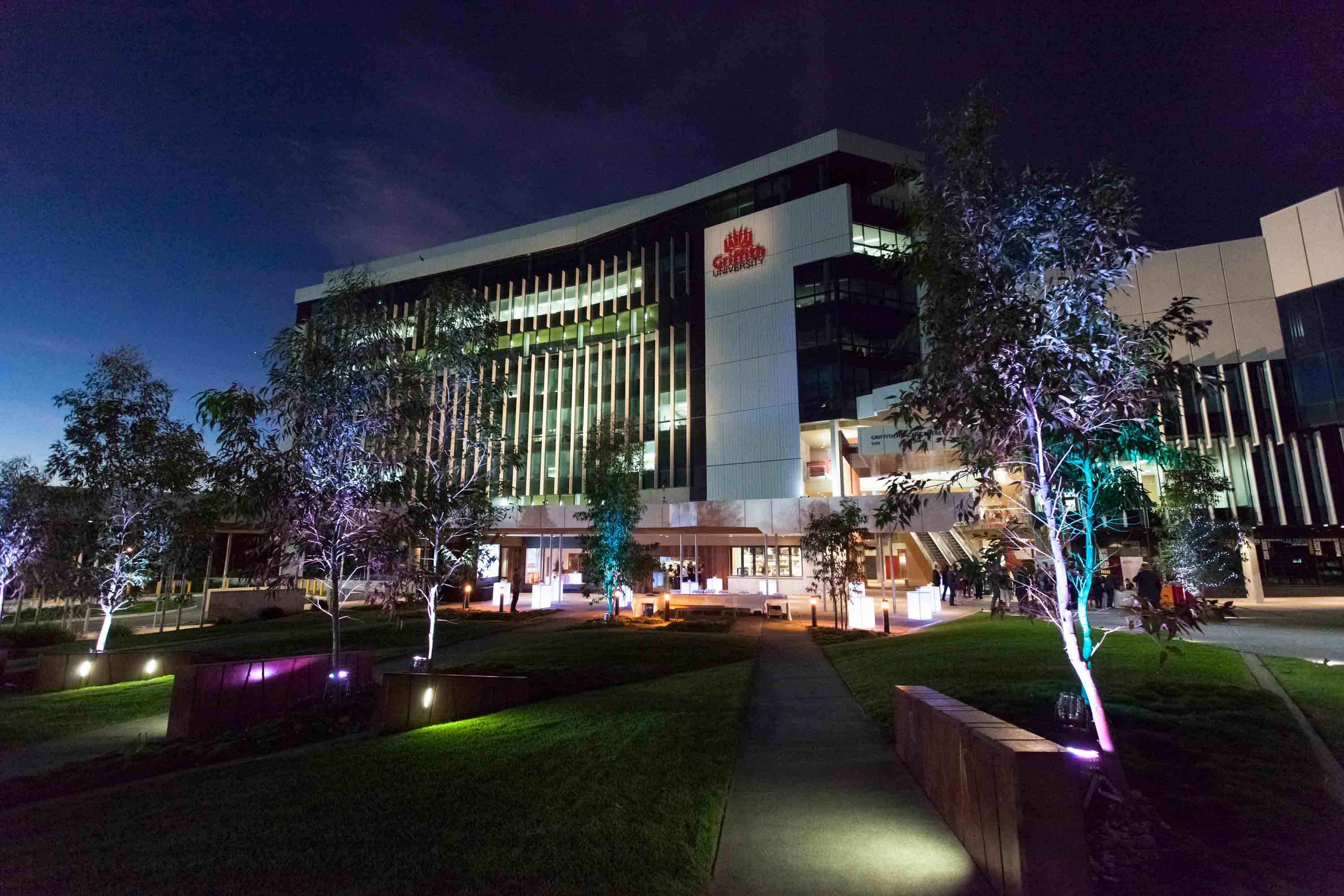
Principal speaker
Dr Thóra B. Hafsteinsdóttir
Title
Academic nursing: Postdoctoral nurses working in research
Abstract
Although nursing has been an academic discipline for decades, there is wide variation in how nursing science has been developing within various countries. Reviews have shown that nursing research in many European countries is fragmented, with lack of programmic approach to research and lack of infrastructure for nursing research. The World Health Organization recognized the global shortage shortages of highly qualified nurses as a limiting factor to rapid scale-up of global nursing capacity (WHO 2016). The Global Advisory Panel on the Future of Nursing and Midwifery (GAPFON), which had the purpose to establish a voice and vision for the future of nursing and midwifery that will advance global health while simultaneously strengthening professional role, identified LEADERSHIP as the most important "work force issue" that nursing and midwifery needs to work on in the future (GAPFON 2017).
In the Netherlands the development of nursing science has been haltered by the lack of infrastructure for nursing research and the very limited number of professorships. For many years the number of professors was three and during the last years it has been slowly growing to approximately twelve. Still this number of professorships in a population of nearly 17 million is much lower than in the neighbouring Western-European Countries. In Sweden, a population of 9 million people, the number of professors in nursing was about 100 in 2010 (www.vardforbunded.se) and in the UK, a population of 64 million, the number of professors in nursing and midwifery was 252 in 2013 (www.rcn.org.uk). However, although the Dutch nursing science landscape is slowly changing, today post-doc career opportunities are still fragile, thus also limiting national and international collaborations. More nurses are finishing their PhD, these postdoctoral nurses, however, are confronted with very limited opportunities to continue their nursing science careers. Although, this is mainly due to lack of academic positions, lack of leadership is also an important reason why postdoctoral nurses have difficulties with moving on with an academic career. There is however lack of information about the actual number of postdoctoral nurses, their leadership practices, where they work and how they experience their leadership and professional development.
In this presentation Dr Hafsteinsdóttir will discuss studies investigating academic leadership of postdoctoral nurses in the Netherlands which include a national survey and qualitative studies exploring postdoctoral nurses working in research experiences of their leadership and professional development. Also she will present the first leadership and mentoring programs for postdoctoral nurses in the Netherlands and Europe. The development and execution of these first leadership and mentoring programs which focus on postdoctoral nurses working in research represent an innovative way to strengthen nursing science.
Biography
Dr Thóra B. Hafsteinsdóttir, RN, PhD, is senior researcher at the Department of Nursing Science, Julius Center, University Medical Center Utrecht, and Department of Health care at the University of Applied Sciences, Utrecht the Netherlands and is a Professor of Nursing at the Faculty of Nursing, University of Iceland. Since 2014 dr. Hafsteinsdóttir is a director of Board of Directors of Sigma Theta Tau International, honor society of nursing international (SIGMA).
Dr Hafsteinsdóttir was born in Iceland, received her BSc degree in 1984 from the University of Iceland. She moved to the Netherlands, received her MSc in 1994 and her PhD from the University of Utrecht in 2003. She has supervised numerous Master's and PhD students in the Netherlands and Iceland in research focusing on nursing rehabilitation of patients with stroke. Leadership and scholarship, PhD education, postdoctoral leadership development of nurses have in recent years become the central focus of Dr Hafsteinsdóttir work.
She received funding for the developing and testing leadership programs in the Netherlands and Europe. She chairs the Dutch Leadership Mentoring in Nursing Research for postdoctoral nurses and the Nursing Leadership Educational Program for Doctoral Nursing Students and Postdoctoral Nurses in Europe, the Nurse-Lead project, a collaboration between seven partners in six European countries which include Iceland, Netherlands, Finland, Germany, Lithuania and Portugal. Dr Hafsteinsdóttir serves on numerous international committees, including the organizing committee of the Institute for Global Healthcare Leadership, which will be held in London September 2018. She reviews manuscripts for peer-reviewed international journals and gives lectures nationally and internationally.
Flyer
Download the seminar flyer here.
RSVP
Please RSVP here by Thursday 26 July.
Event categories
RSVP
RSVP on or before Thursday 26 July 2018 , by email hps@griffith.edu.au , or by phone 07 3735 7212
Event contact details
- Menzies Health Institute Queensland
- 07 3735 7212